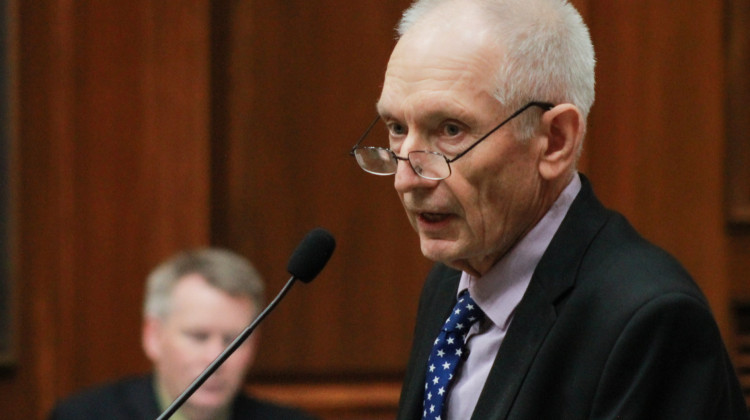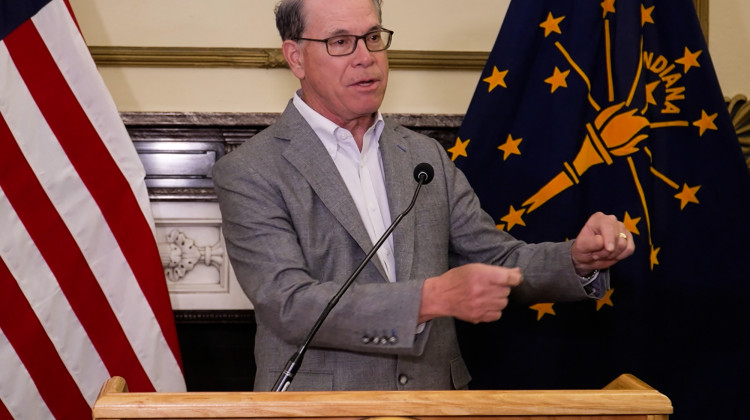In March, the Frankfort Police Department will begin to treat every drug overdose as a crime scene in an effort to find and convict drug dealers.
According to new overdose guidelines, officers will first respond to the overdose in a medical sense. And if an opioid was involved, they’ll administer the overdose-reversal drug naloxone.
Then, officers will collect evidence and statements from the scene to help build criminal cases against drug dealers.
Deputy Chief Scott Shoemaker says he’s confident most victims won’t cooperate, so police will dig deeper.
“Anything that we can do to get a search warrant from the court to look at phone conversations, look in the house or wherever they’re at, to get some evidence,” he says.
Shoemaker says that evidence, such as a previous conversation with the person who dealt the drugs, could be used to make an arrest.
He says officers aren’t out to arrest the individual who overdoses, and that most dealers – especially those doling out heroin – will travel to a larger city, then bring back a small quantity to sell.
“We just don’t have these houses that we can just go in and just take down an entire operation,” Shoemaker says. “We hope to get information that gets us to Indianapolis, whether it’s IMPD or the DEA, to stop the drugs from coming into Frankfort.”
Last year, the Frankfort Police Department responded to about 60 overdoses.
 DONATE
DONATE








 View More Articles
View More Articles


 Support WFYI. We can't do it without you.
Support WFYI. We can't do it without you.